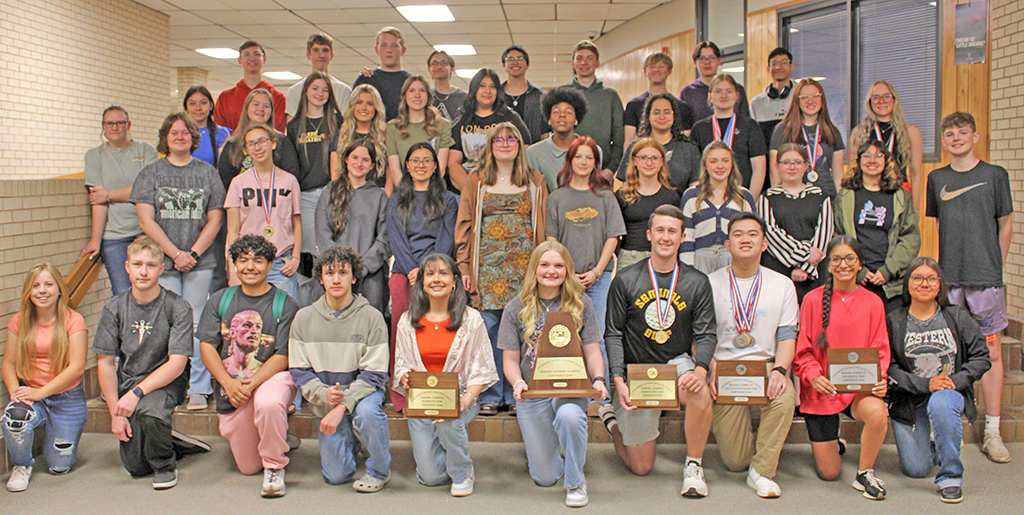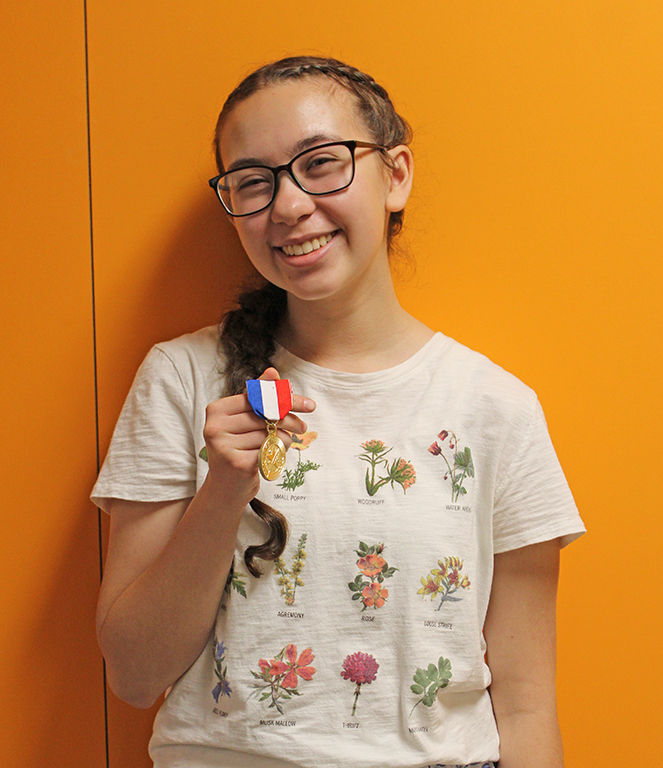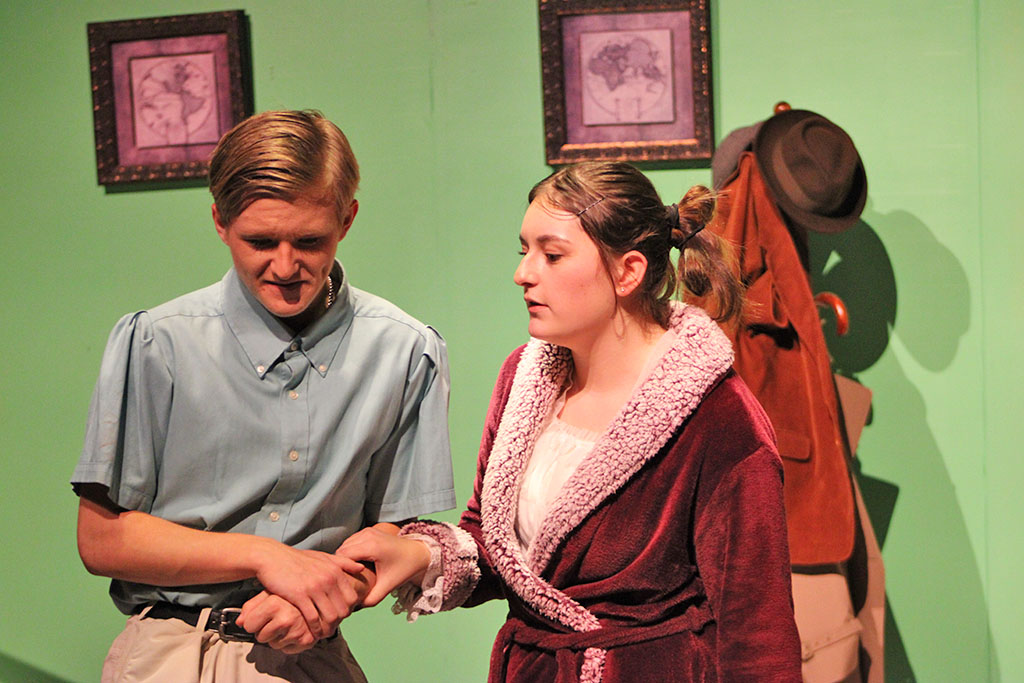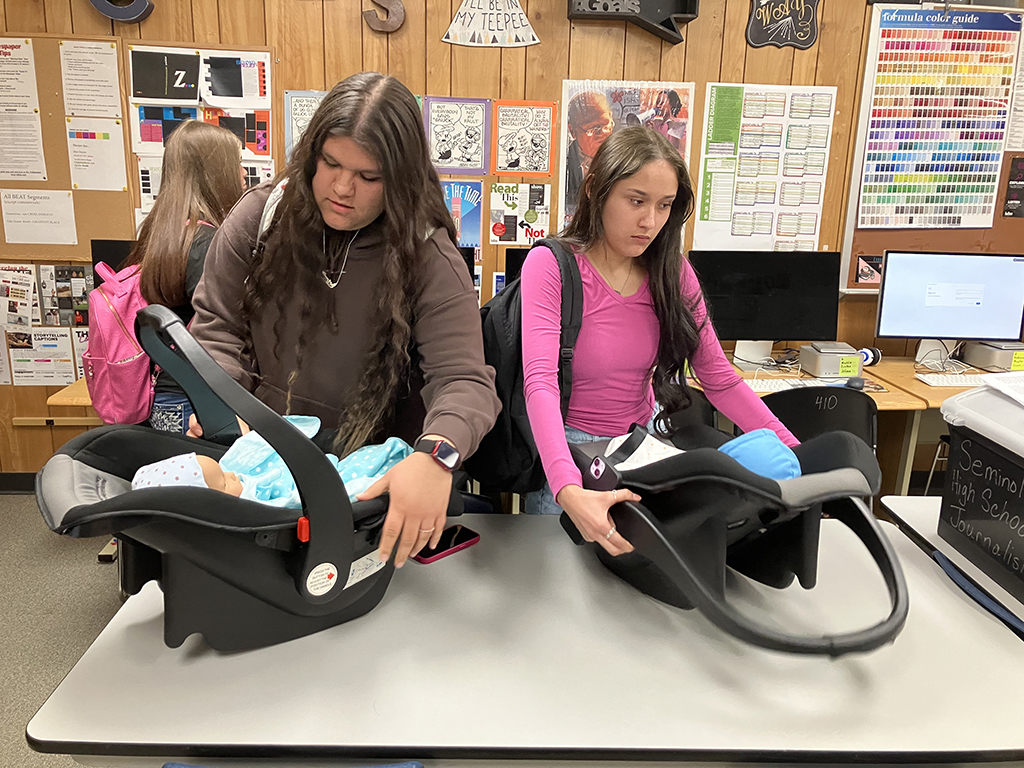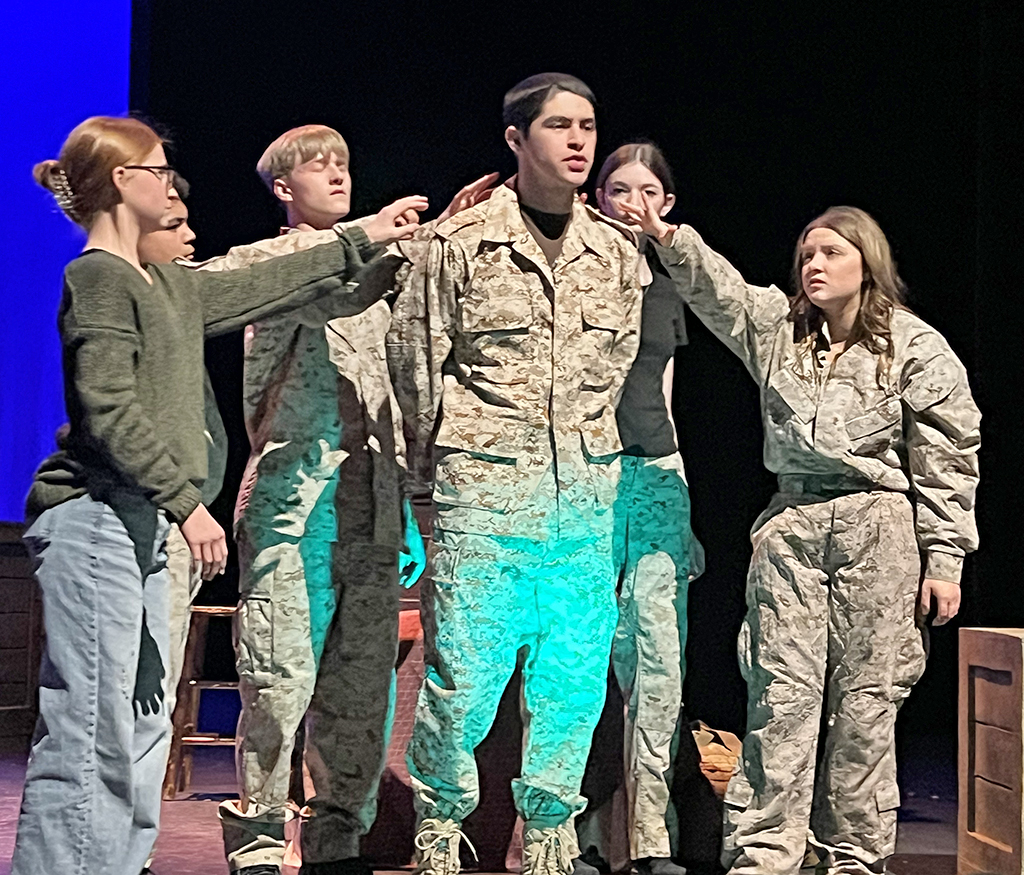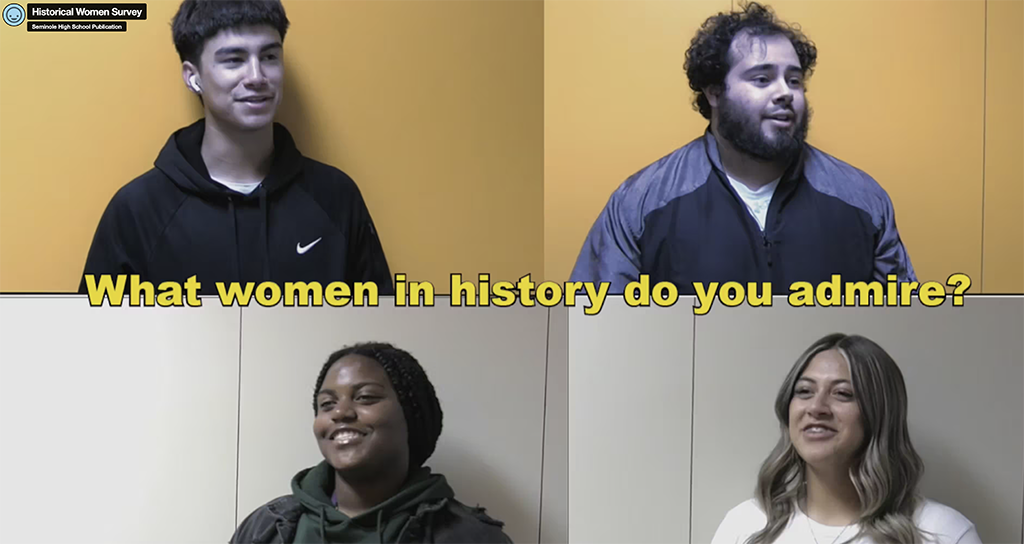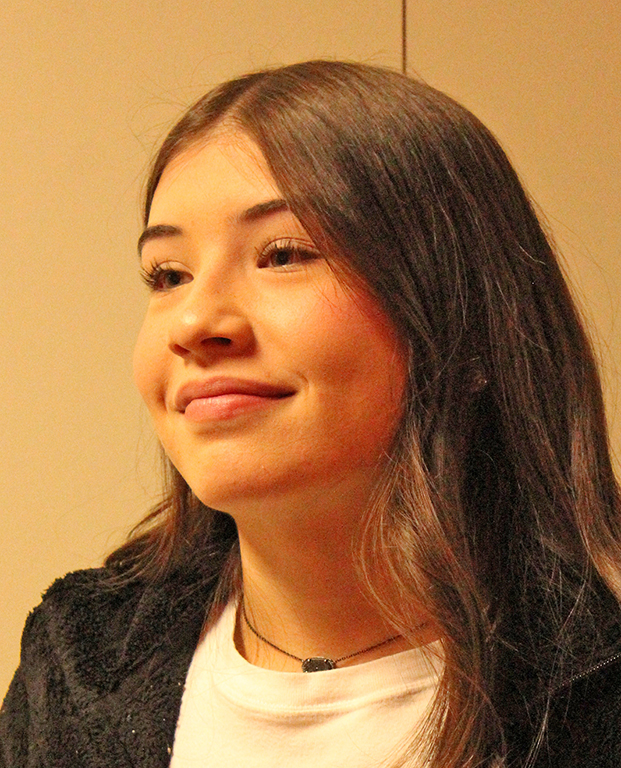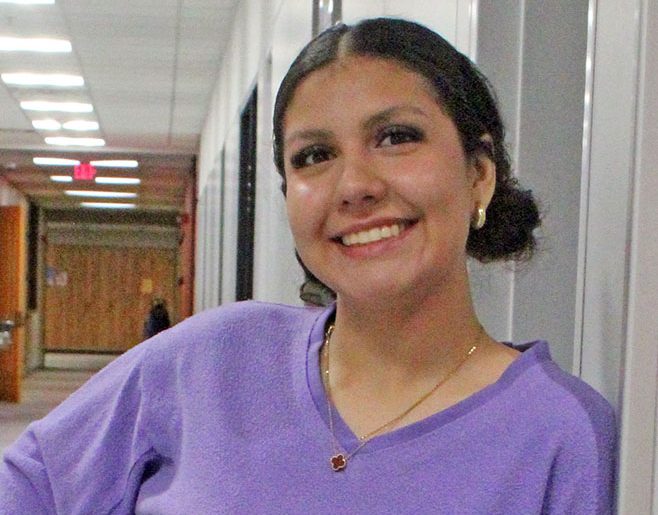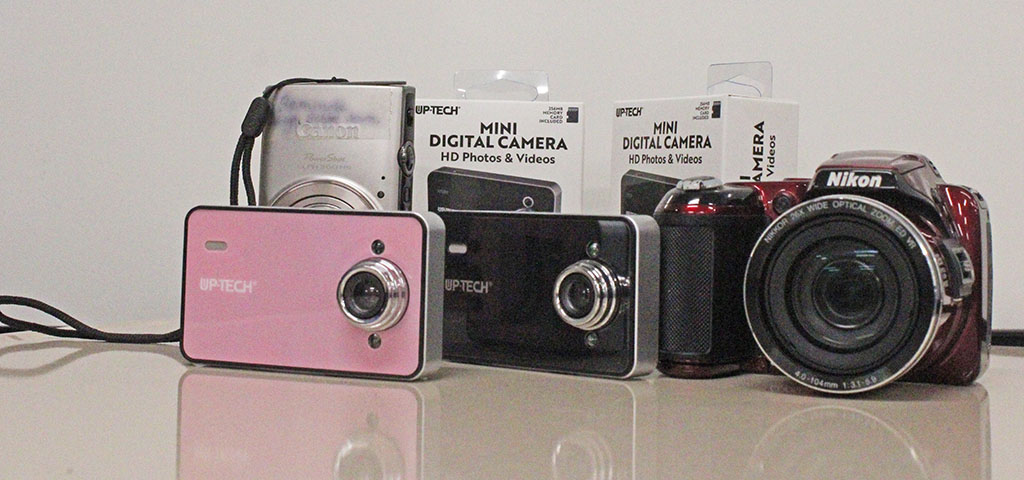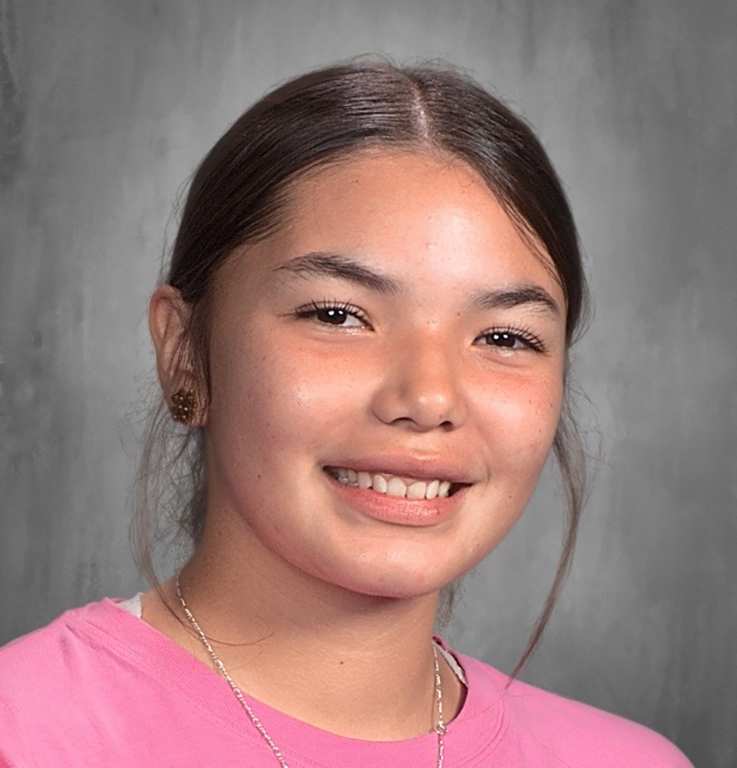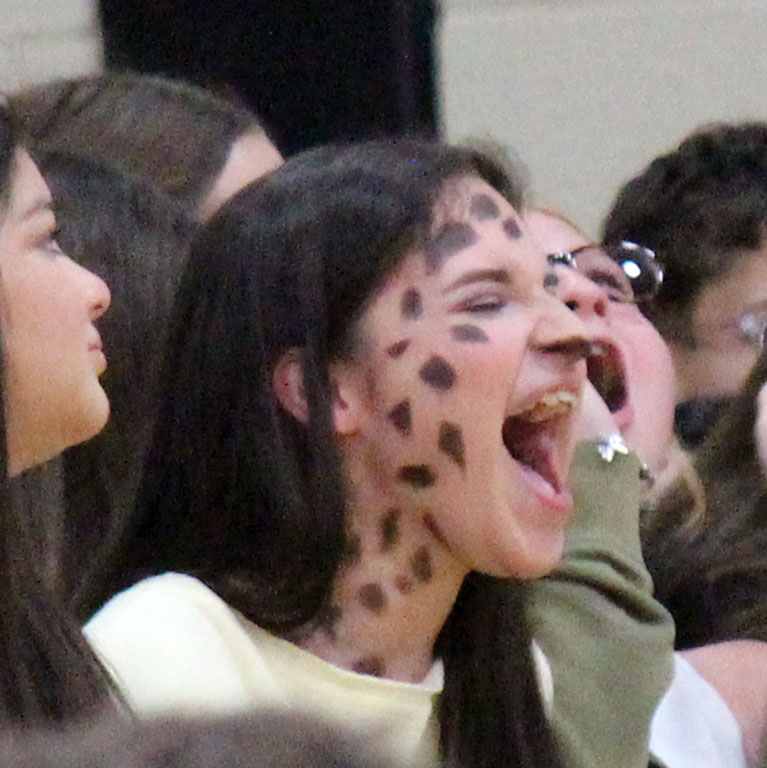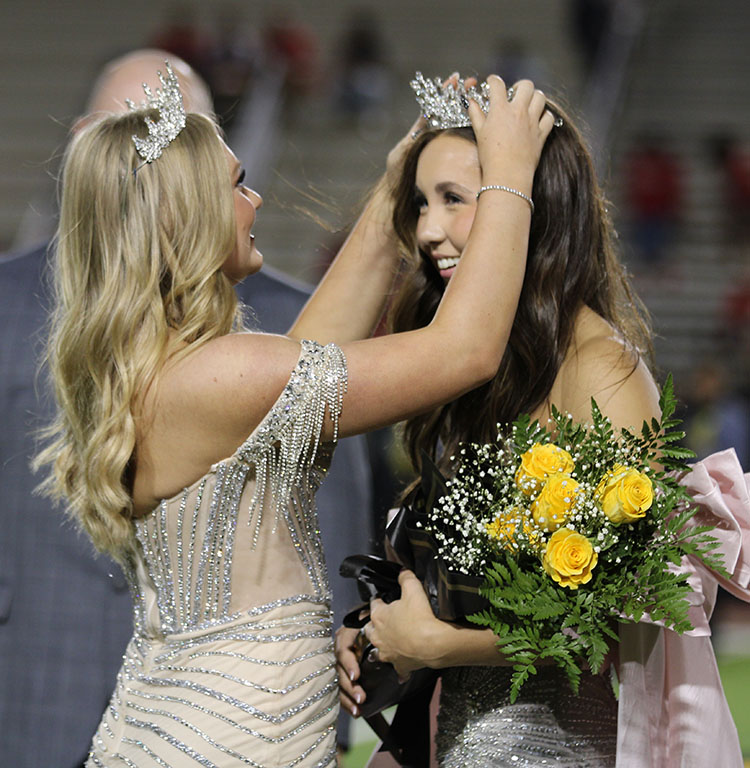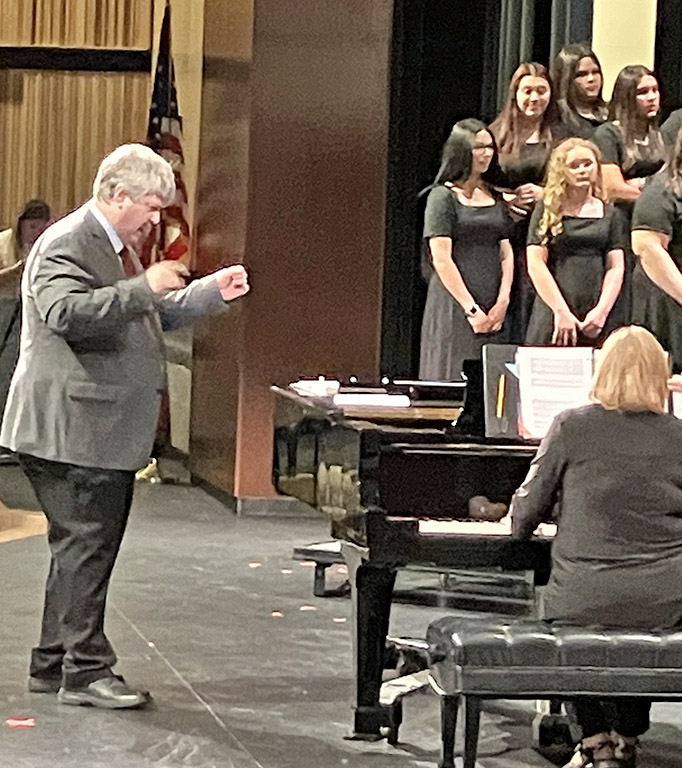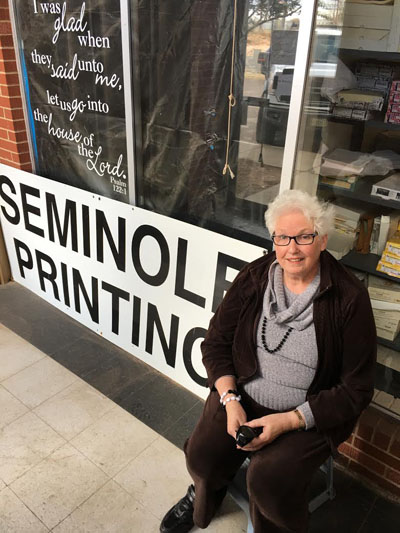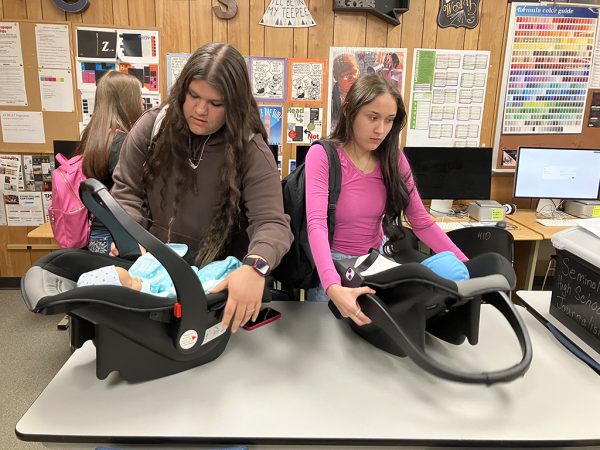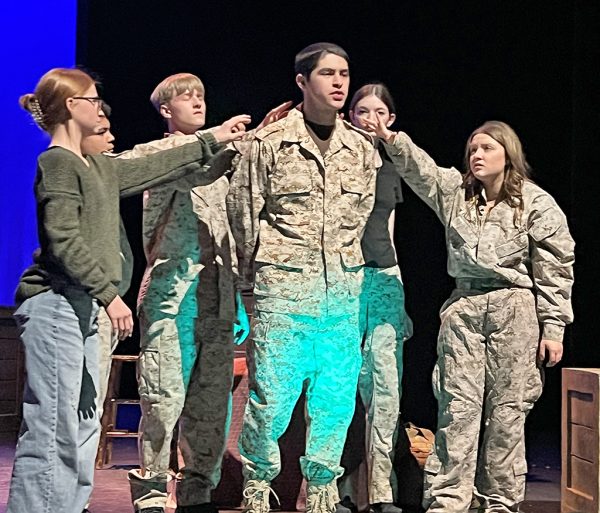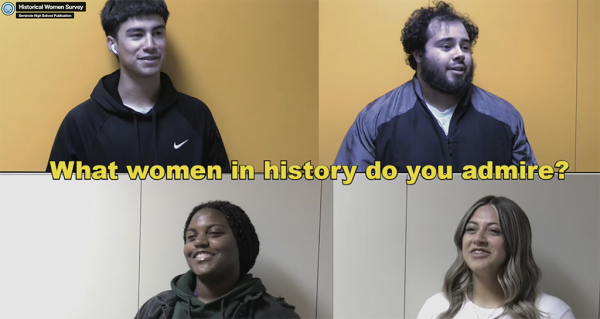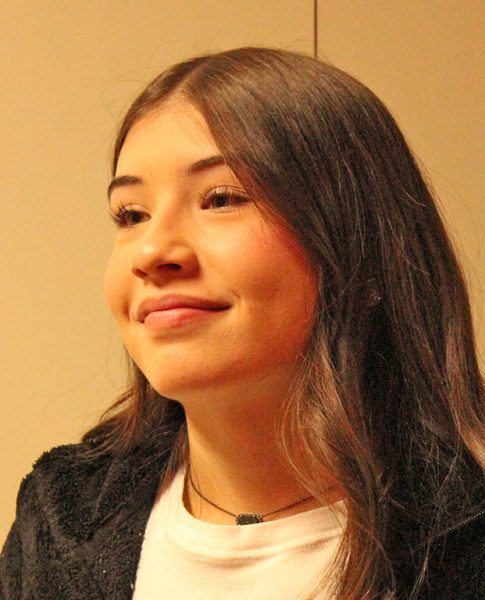Adviser spent 24 years with SHS journalism
A 75th Anniversary Special
The War Whoop has been around for three quarters of a century spreading informations to students and the community. Current choir accompanist Jean Moffat was around for almost a third of that time as advisor to the SHS newspaper.
“Students think yearbook is more ‘glamorous’, and it serves a historical purpose” Moffat said, “but newspaper is more immediate and timely.”
Moffat advised the newspaper for 24 years and through her years of experience, she has sponsored both newspaper and yearbook.
“My late husband was War Whoop editor his senior year,” Moffat said. “When principal Virgil Keyes hired me, he said he wanted stability above all. There had been three advisors the three years before I came. I am proud that I provided 24 years of stability.”
Before she was the advisor for SHS she was the editor of the Seminole Sentinel for four years.
During her years of teaching journalism she has had her staffs write a wide variety of stories.
“We had in-depth class interviews with new principals and superintendents,” Moffat said. “They came to class and everyone asked them questions, then each wrote a story, and we synthesized them for the paper.”
Students from her past staffs were able to make journalism their profession and become successful in their careers.
“Sam Holbrooks, who is now on the Sentinel staff, was my student,” Moffat said. “Dustin Wright came along after I stopped teaching journalism and was on Mrs. [Jan] Cagle’s War Whoop staff.”
Every year Moffat had great staffs and with each of them she tried to teach them all she could.
“There have been some great advisors and staffs through the years. I tried to uphold their standards and advance them even more,” Moffat said. “My main focus was to produce top-quality publications and to train my staffs to be responsible journalists.”
The process of publishing the War Whoop has changed drastically since Moffat’s tenure.
“When I started, we had manual typewriters, which nobody could use because they had learned to type on electrics,” Moffat said. “We got electric typewriters later. We sent our stories to the Sentinel to be set into columns and then pasted up.”
Moffat said her staff published a four-page tabloid every two weeks then moved to an eight-page monthly.
“This gave us more time to explore stories and features,” Moffat said. “We moved to desktop publishing in 1989 and got computers with half a meg of memory. We saved our stories on disks and compiled them into one computer with more memory and used it for layout.”
When money got tight, Moffat said they were forced to Xerox pages on 8 1/2 x 14 paper, front and back, and staple and sell them. The staff shot its own black and white photography and developed pictures in the darkroom which still exists in Room 401.
Moffat said the process has completely changed in every aspect now.
Throughout her years she has taken four students to compete at state for UIL in journalism.
The first was Cliff McCown in 1975 in feature writing. Next were Mandy Hobbs Matthews, who now teaches art at the junior high, in headline writing and Kylee Hall in news writing, both in 1995. Both placed second in the state. Matthews was second to the overall headline writing winner. Moffat also sponsored Allison McBee at state in ready writing in 1997.
“Another outstanding War Whoop member was David Lozano, who now works at the hospital,” Moffat said. “Still another was Dana Cotton Starr, who writes a wonderful blog that I enjoy reading.”
Moffat said she made many memories while teaching journalism, which include taking her students to state and capturing moments in the War Whoop.
“Another memorable moment was when I got a phone call one Saturday that comedian Flip Wilson, now deceased, was playing golf on the Gaines County course,” Moffat said. “I called a staffer who went out and took a picture.”
From her time at the helm to present day there has been many changes in how often the War Whoop is published and the process of publishing, but Moffat said it hasn’t changed the meaning of journalism.
“High school journalism keeps evolving with the times,” Moffat said. “I hope we never lose the printed page. Technology is great, but I still like to hold a book and a newspaper in my hands.”
Moffat said high school journalism is a perfect place for an aspiring journalist to find out if he or she is cut out to do journalism for a profession.
“I loved my four years at the Sentinel but quickly learned I could make more money and have more benefits in teaching. I have never regretted it because I still felt connected to my chosen field.”

